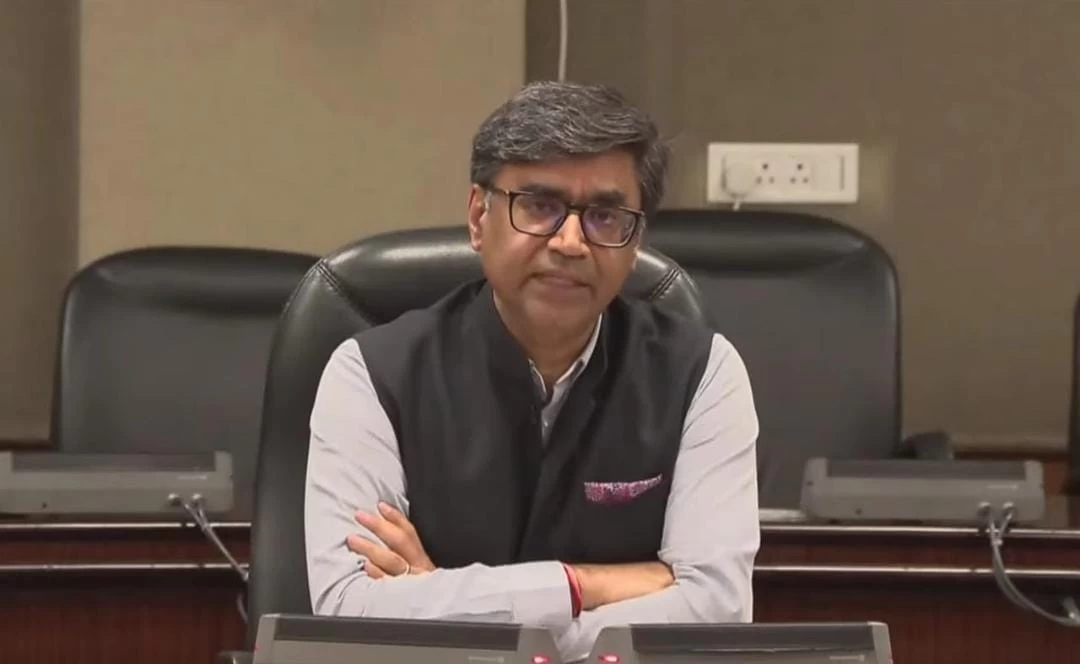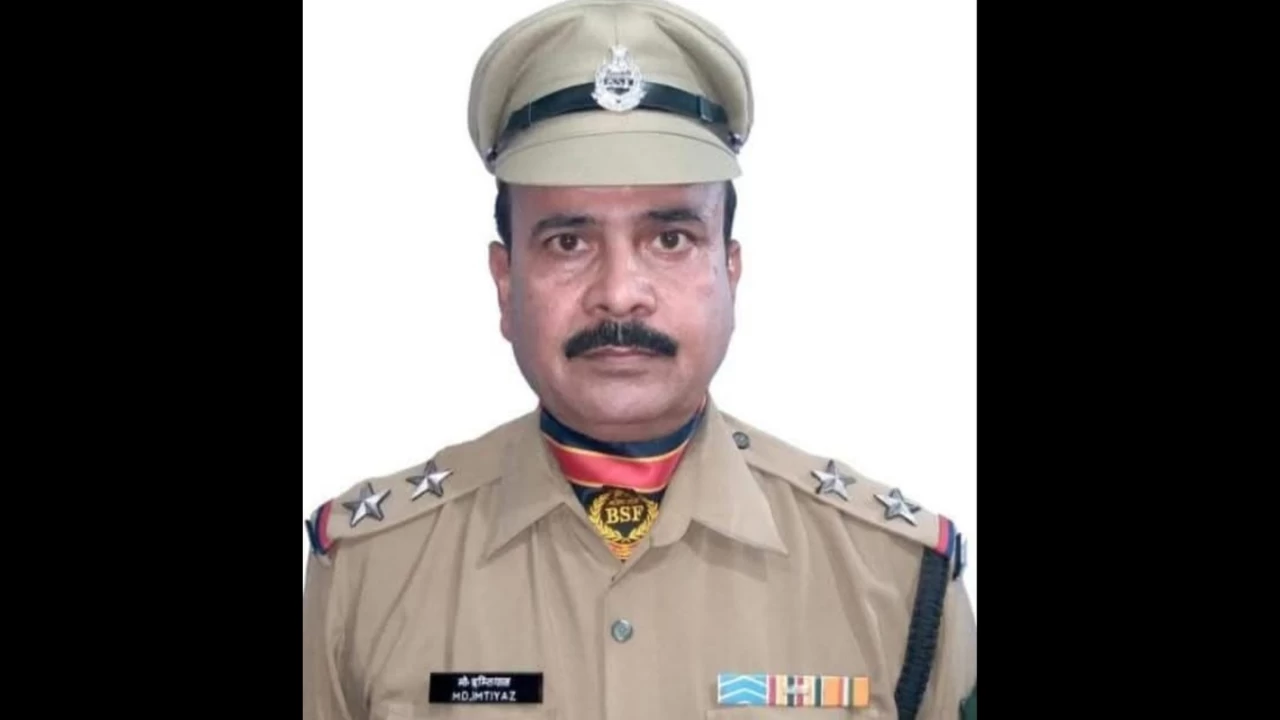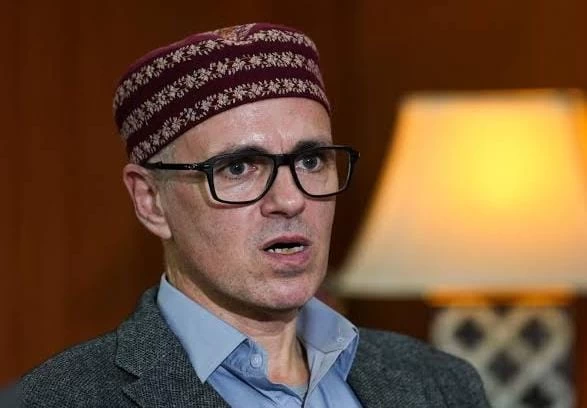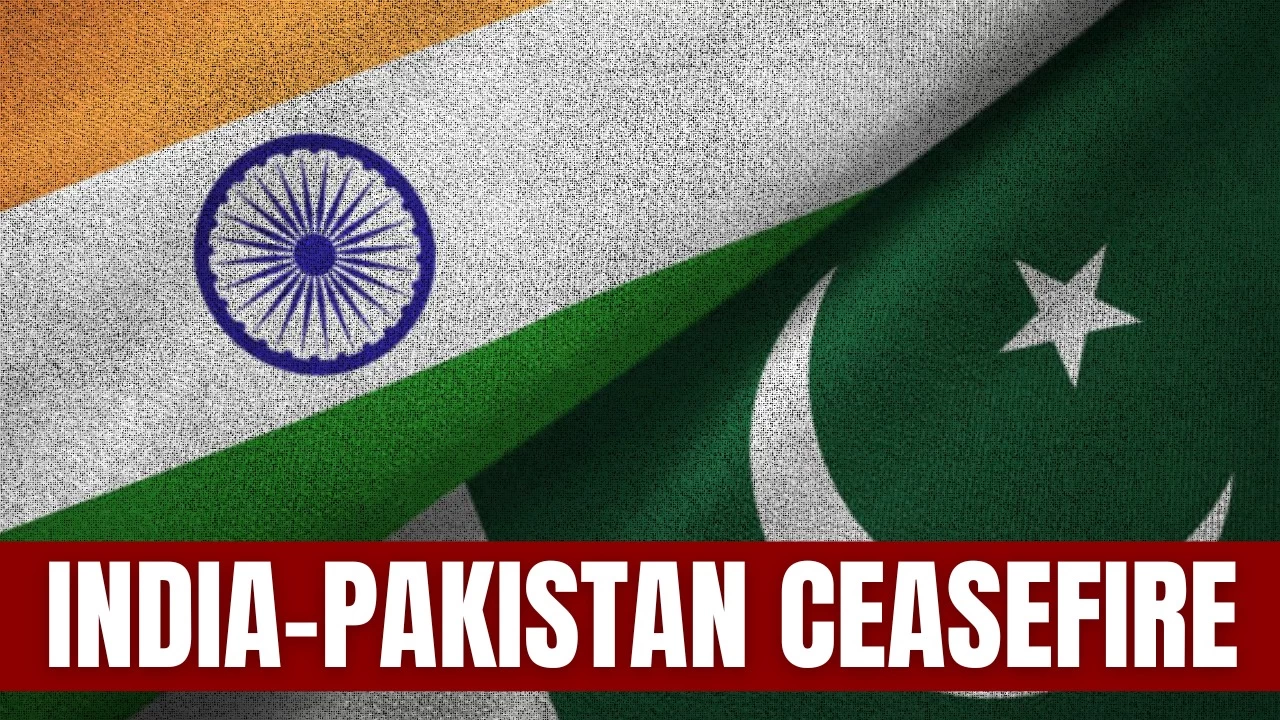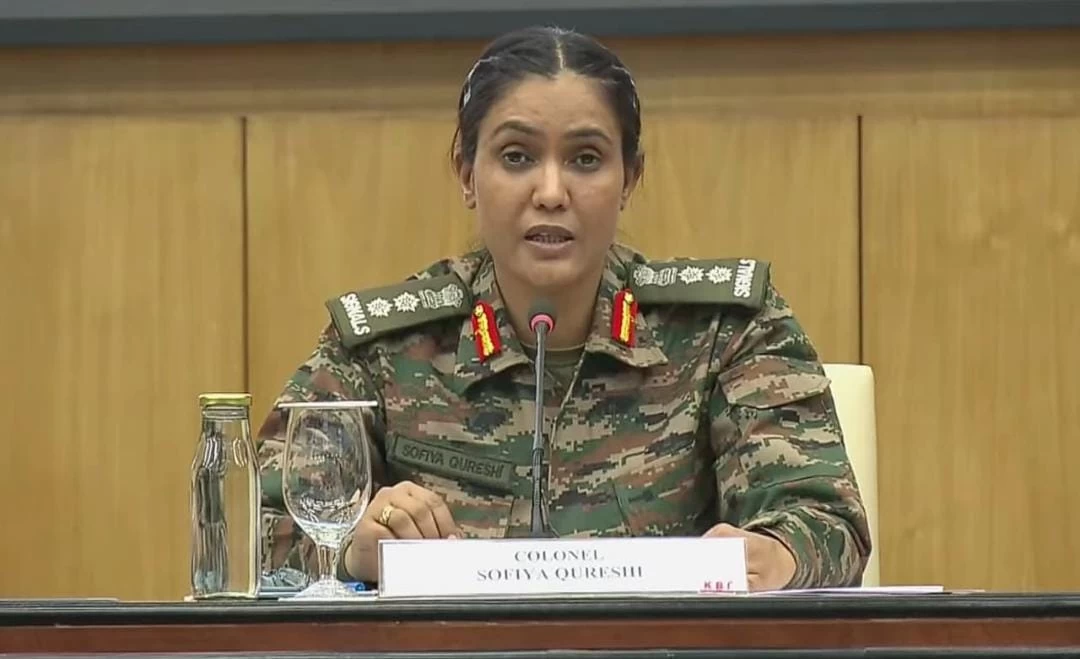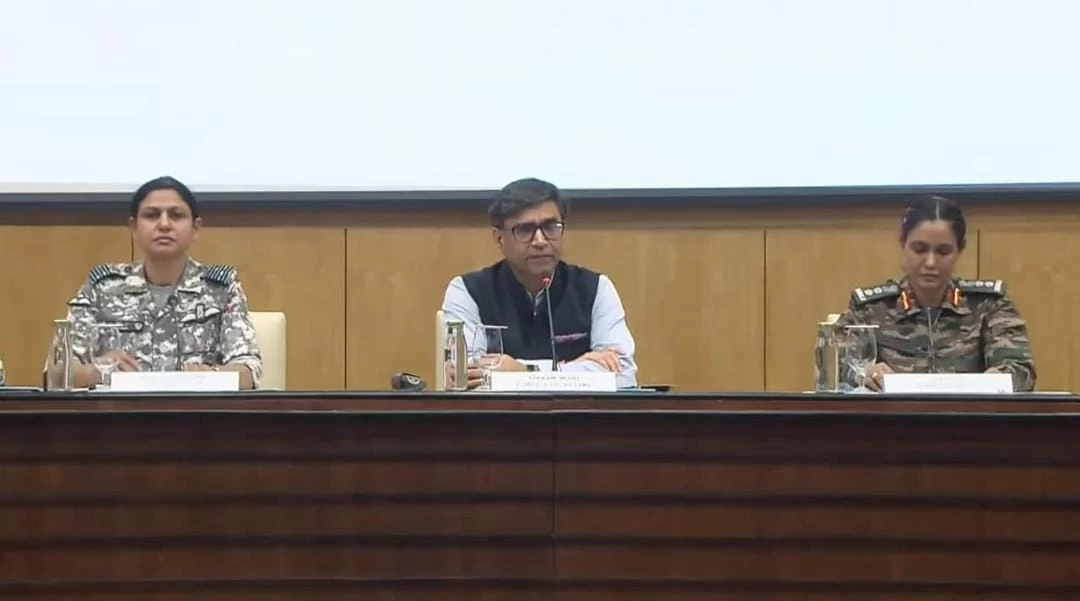Latest Updates
“I Taught Them Maths, They Taught Me Hatred”: A Teacher’s Grief in Murshidabad Post the Communal Violence
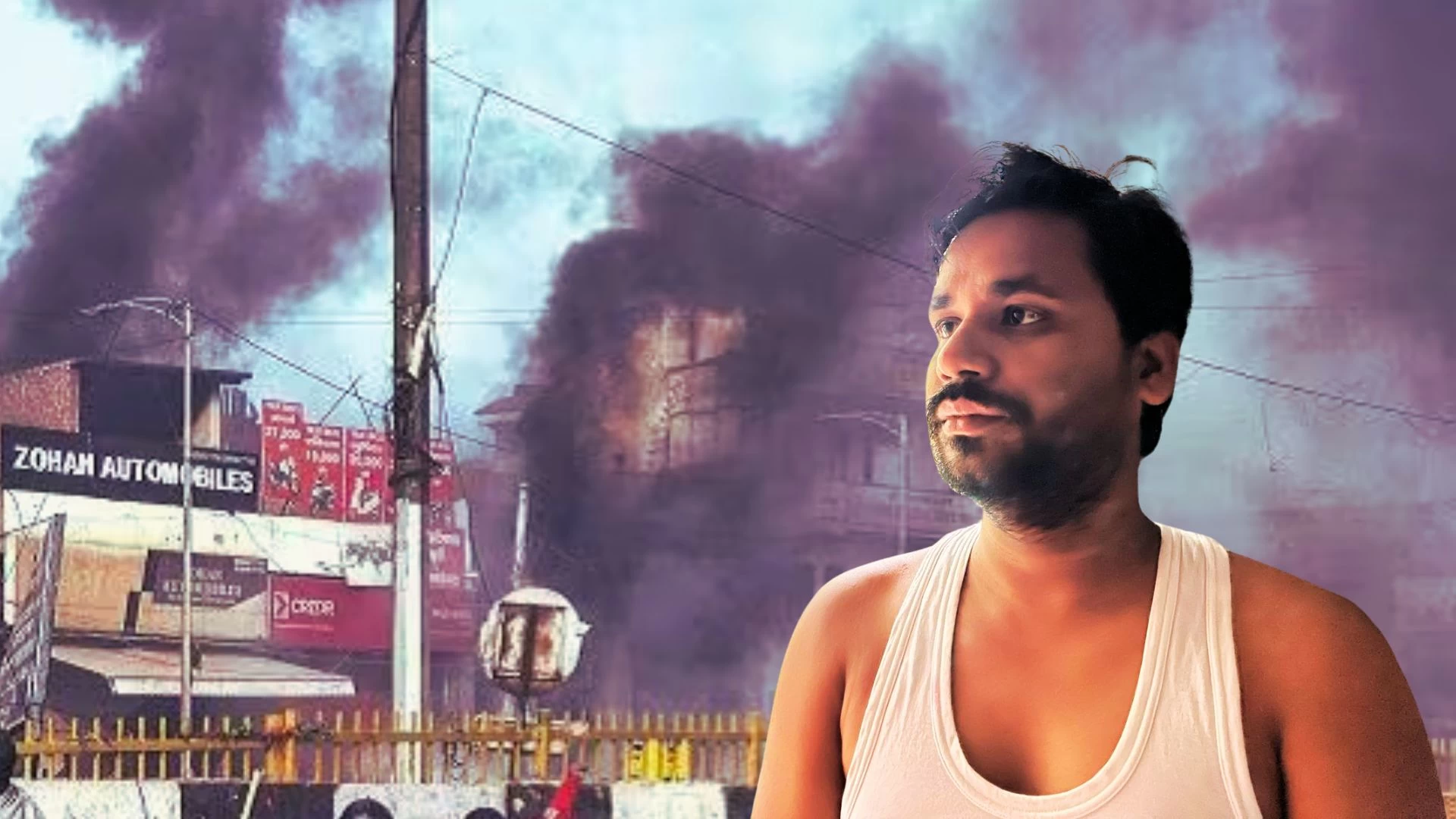
Murshidabad: For Subhankar Das, numbers always made sense. At 30, the quiet maths teacher had built a modest life around equations and young minds, teaching students from classes 10 to 12 at a private school in Ratanpur, just a kilometre away from his home in Dhulian’s Jafrabad locality- the village that erupted in the flames of communal violence. On the afternoon of April 12, as communal violence tore through the heart of Murshidabad, West Bengal, the symmetry of Subhankar’s life was reduced to smoke and ash.
His house was attacked by a mob. Part of it was burnt down. His wife’s wedding jewellery — gone. Their kitchen, once brimming with hope and the aroma of a new life together, was shattered. Forty days into his marriage, all that remains of the celebrations is a sacred symbol drawn on the wall — a traditional Bengali custom — now stained with soot and sorrow.
“I couldn’t believe my eyes when I saw my students in the mob,” he says, still in disbelief. “They are the people whom I teach maths at the coaching centre. While being a teacher I have never discriminated between my students as Hindu students or Muslim students. I am a Hindu but I am a teacher who had been teaching them the values of life.”
It’s not the looted gold or the charred furniture that broke him. It’s the betrayal. Subhankar says he recognised at least two students — boys he had taught, guided, mentored — among those who had stormed into his home.
“I never imagined that my students will drift away from the value system and embrace this hatred,” he says, his voice thick with disbelief. “I wonder will they ever come back to the coaching classes. I will accept them again because I am a teacher, but my faith is scarred. What have we reduced ourselves to? How can hatred win over love?”
The violence left nothing untouched. “They have looted everything that I got in my wedding,” he adds. “They did not even spare the sarees of my wife and mother. From the crowd, I heard someone shout ‘burn down Sir’s house’. I am still in disbelief.”
Outside, his 60-year-old mother, still draped in the only saree she could save, returns home before dusk each day. She rummages through the debris, looking for something — anything — that might have survived the flames. Each time, she leaves empty-handed, retreating to a neighbour’s home where the family has been sheltering since that dark Saturday.
Violence erupted in Dhulian last Friday and Saturday, part of a wider flare-up in Murshidabad that has left three people dead — two in suspected communal clashes and one in firing by security forces. Over 270 people have been arrested. Four suspects linked to the brutal killing of a local father and son duo have been arrested by the West Bengal police. More than 18 police officers have also been injured. Since the passage of the Waqf (Amendment) Bill 2025, several Muslim communities across India have registered their protest. But a similar anti ‘Waqf (Amendment) Bill’ protest in Murshidabad cracked open the communal faultiness here. In towns like Dhulian, where teachers like Subhankar Das tried to stitch the fabric of a shared future, the scars of hatred have torn deep. The black charred stain that lingers on the walls of his home is not just from the fire. It’s due to the flames of betrayal, the kind that doesn't douse easily.




